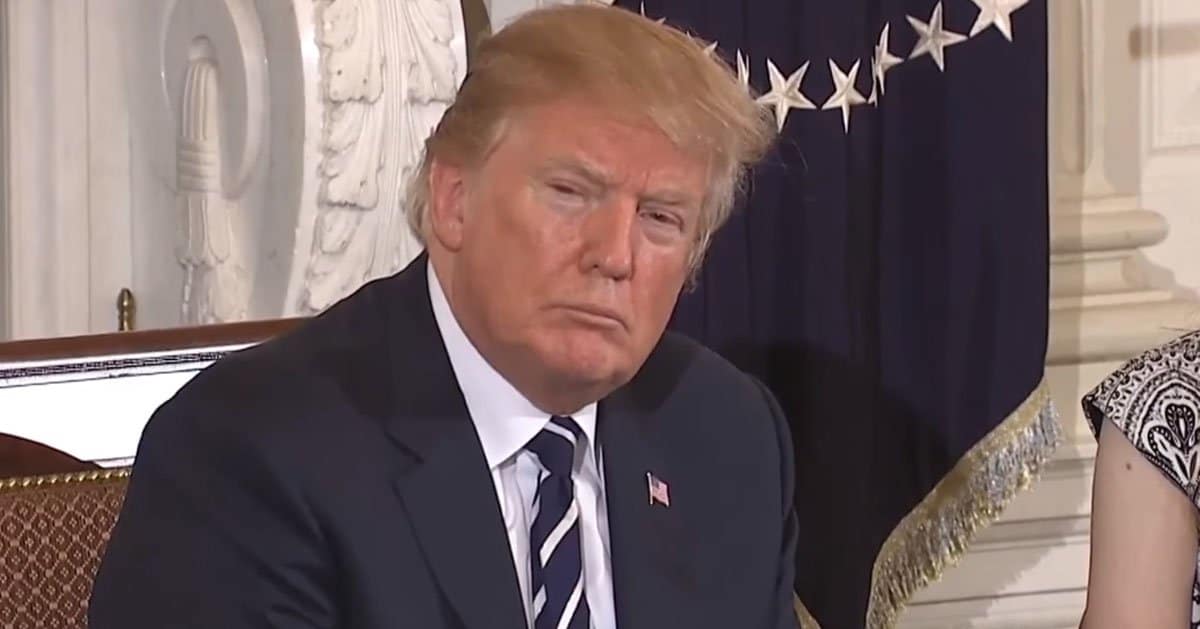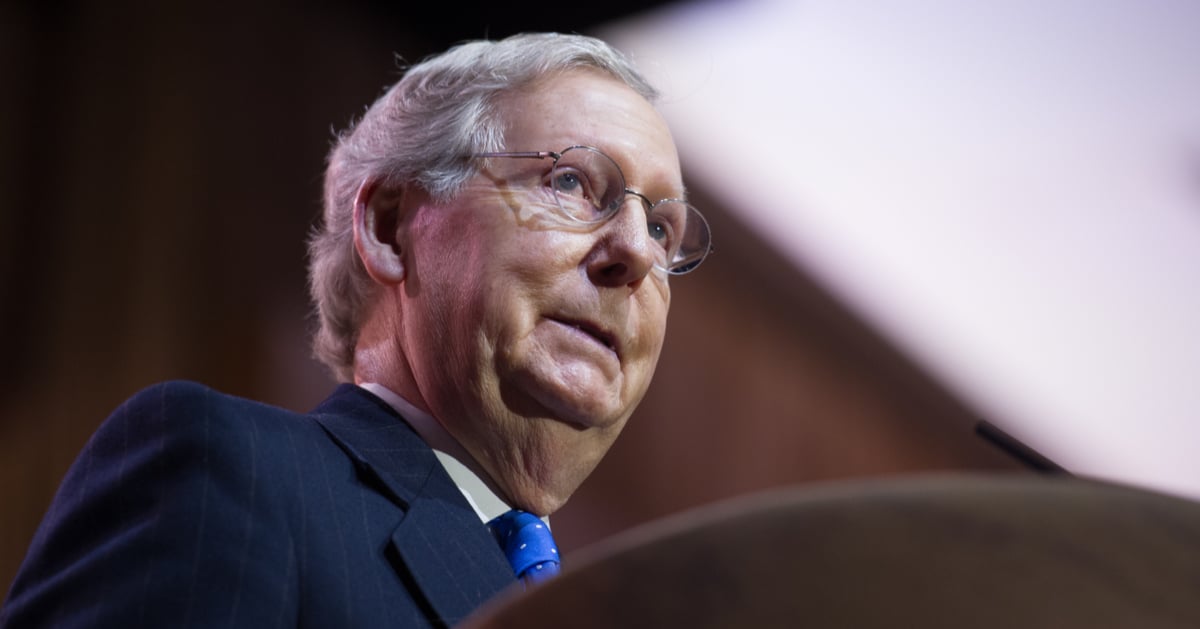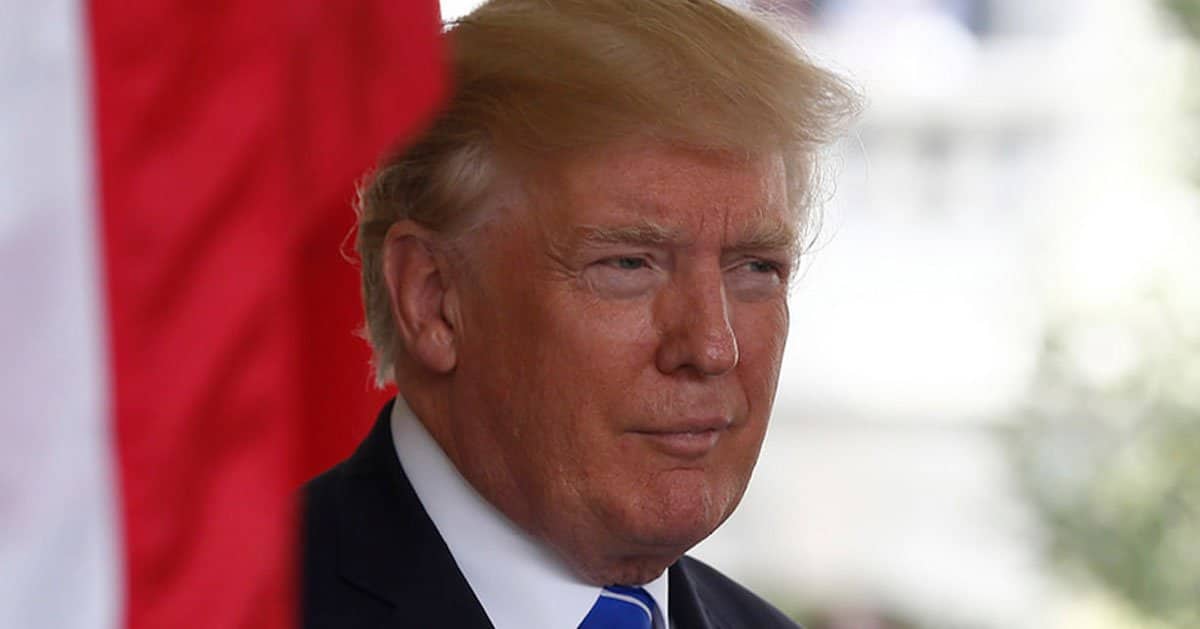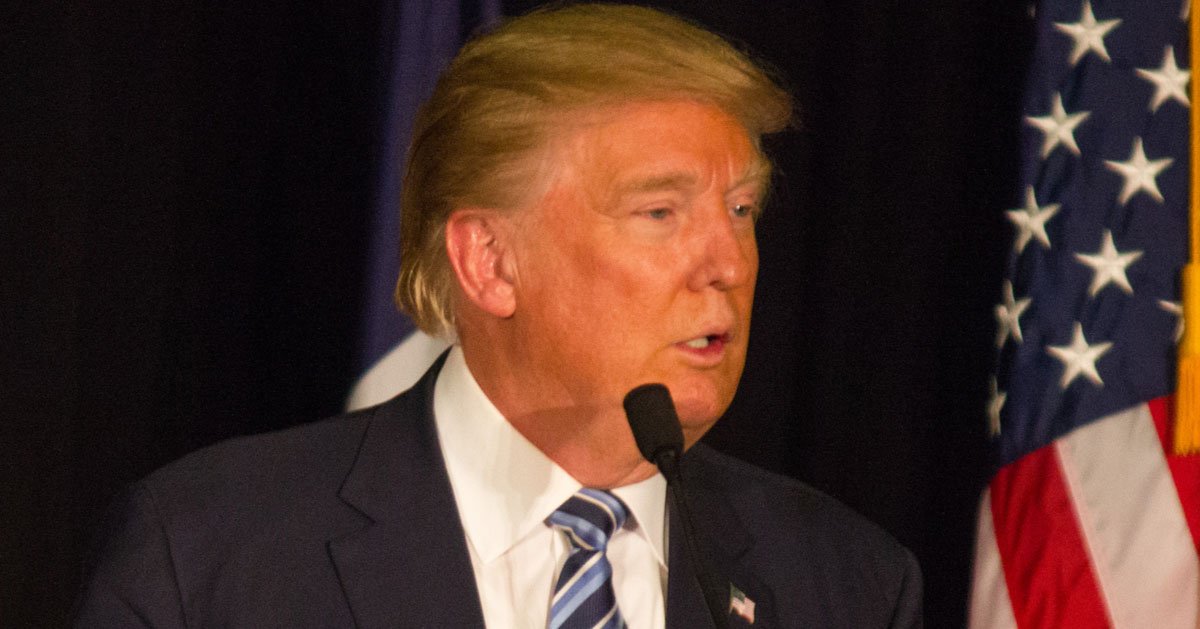





Senate Republicans are forging ahead with a vote on their own budget proposal despite President Trump’s enthusiastic backing of a competing and more comprehensive version from the House.
NBC News reported that while the House proposal encompasses President Trump's complete policy platform, the Senate version remains narrower, concentrating on immigration enforcement and energy production.
President Trump’s endorsement of the House's budget resolution stems from its comprehensive support of his "America First" agenda, contrasting with the Senate version that omits key aspects such as extending tax cuts implemented during his administration.
Trump has publicly supported House efforts, noting that their proposal incorporates his full agenda, bringing his policy goals into a single legislative package.
The Senate resolution, on the other hand, emphasizes select initiatives, chiefly immigration and military priorities.
Senate Majority Leader John Thune announced the Senate’s intent to proceed with a vote on their budget resolution. Authored by Senator Lindsey Graham, the resolution focuses on immigration issues and military expenditures.
The Senate's plan advanced with a closely contested 50-47 vote, indicating some division among senators regarding the approach. Thune emphasized the importance of presenting options for achieving legislative aims, expressing readiness to collaborate should the House successfully consolidate its goals into one bill.
The differentiation in focus between the House and Senate budget proposals has prompted discussions within both chambers.
Vice President JD Vance recently addressed Senate Republicans, recognizing Trump's endorsement of a unified House bill but also emphasizing the necessity for a backup strategy. Vance’s comments summarize the stance of Senate leaders, which is not to halt their efforts given the intricate legislative landscape.
Senate Budget Committee Chairman Lindsey Graham has faced criticism for the narrower scope of his budget plan, which does not fully implement Trump's agenda.
In response, Graham highlighted the importance of having alternative strategies while acknowledging that the Senate’s approach prioritizes solidifying specific policy areas. “You always need a plan B around here,” Graham stated, indicating the Senate's wish to maintain legislative momentum.
House Republicans, encouraged by Trump’s vocal support, are gearing up for a vote on their budget resolution.
The unified backing from Trump has given House leaders confidence as they aim to converge on a single bill that can pass both chambers.
However, an underlying concern is the potential inclusion of Medicaid cuts to meet financial targets, a move that moderate Republicans worry might affect their voter bases. Trump has attempted to dispel these fears by assuring that crucial programs such as Medicare and Medicaid would remain untouched.
The House Budget Committee has already approved their budget resolution, incorporating specific deficit reduction measures and a planned increase in the debt limit. With Trump’s explicit backing, House Republicans are campaigning intensely to secure broader support within the chamber.
Representative Mike Johnson echoed Trump’s sentiments, asserting that the House GOP is committed to delivering on Trump’s full agenda without omissions.
Union within the Republican ranks is not without its challenges. Trump’s critiques of Graham's budget reflect a tension between the chambers about how to most effectively achieve legislative success. House Republicans continue to advocate for Trump’s public endorsement of their proposal, hoping to channel his popularity into a successful passage.



